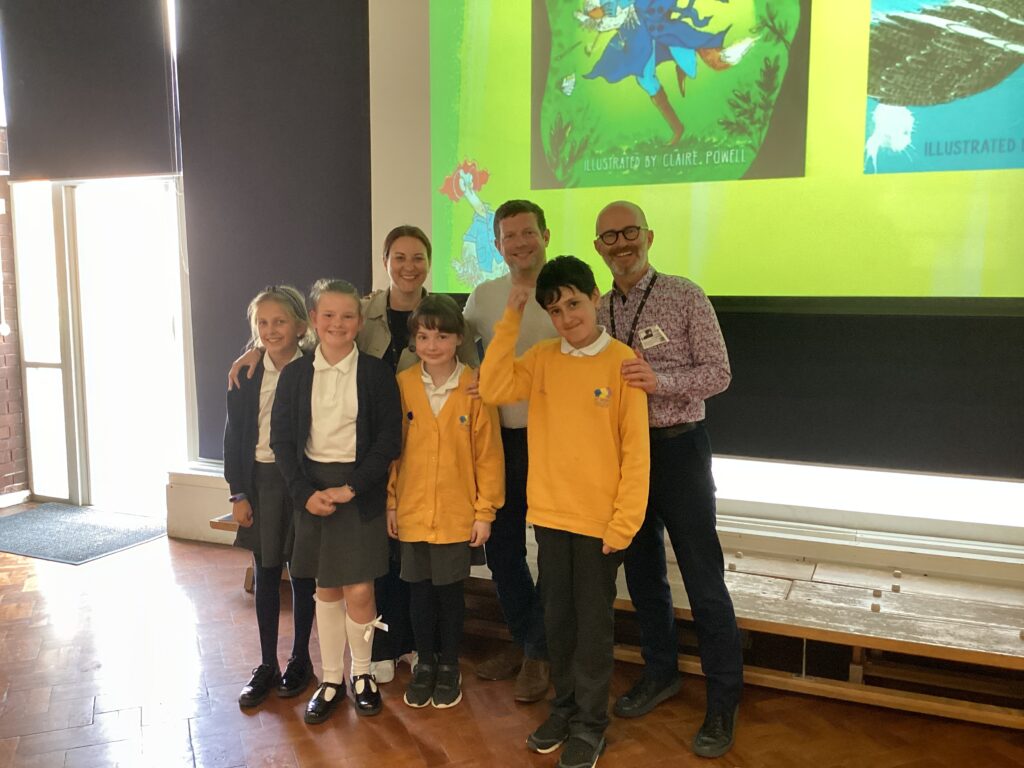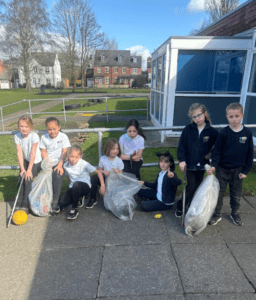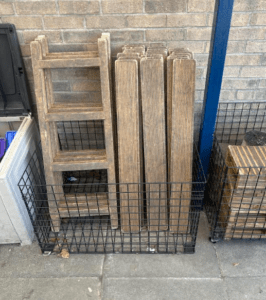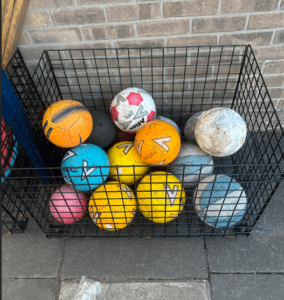We hope you enjoyed the Easter break.
Relationships and Sex Education
Coming up in the weeks commencing 02 June, 09 June and 16 June, children from Year 1 to Year 6 will take part in Relationships and Sex Education (RSE) lessons. These are part of our Personal, Social and Health Education curriculum (PSHE, or ‘Living and Learning’, as we call it).
We want parents/carers and pupils to feel assured that RSE is delivered at a level appropriate to both the age and development of pupils, and to feel safe to voice opinions and concerns relating to the provision.
The lessons are led by children’s class teacher. They take place in a safe learning environment and are underpinned by our school ethos and values.
Nationally, all primary schools are required by law to teach Relationships Education and Health Education. At Moortown Primary, we’ve provided RSE lessons successfully as part of Living and Learning for many years.
We refer you to these sections of our RSE policy:
- Section 9 provides a list of the vocabulary that will be used (pages 7 and 8)
- Section 11 includes an overview of the topics that will be covered (page 11 includes a table to show the learning across each year group)
We know that you may have some issues / concerns. If you’d like to find out more, discuss any concerns, or speak to someone in more detail about the teaching and learning planned for this important aspect of your child’s education, please contact Mrs Weekes.
Similarly, you have the right to request that your child be withdrawn from some or all of the lessons that can be regarded as ‘sex education’. For our school, this comprises lessons in Year 6 on what human reproduction is and how babies grow. Please see the government’s factual guide to RSE for parents: Understanding Relationships and Health Education in your child’s primary school: a guide for parents. If you wish to withdraw your Year 6 child from RSE, please contact Mrs Weekes to discuss the matter. See page 6 of the RSE policy for more information about your right to withdraw your child.
We’re committed to working in partnership with parents. Feedback indicates that the overwhelming majority of parents are highly supportive of our Relationships and Sex Education programme.
Attendance matters
Our whole school attendance figure up to the Easter holidays is 95.0%. The national figure for primary schools is 94.8% and it’s 93.3% for all schools. It’s great that we’re above the national averages.
- Reception: 94.5%
- Year 1: 96.0% – awesome attendance!
- Year 2: 94.7%
- Year 3: 96.7% – astounding attendance!
- Year 4: 94.1%
- Year 5: 96.2% – amazing attendance!
- Year 6: 91.5%
Well done and thank you to all of you who make sure their child attends school as much as they can.
Dermot O’Leary
Most of you will know Dermot O’Leary as a TV and radio presenter. Did you also know he’s a children’s author, too? On Tuesday, our older Junior Leaders visited another Leeds school where he was promoting his new book, Spy Fox and Agent Feathers.

Have a happy and healthy weekend.






